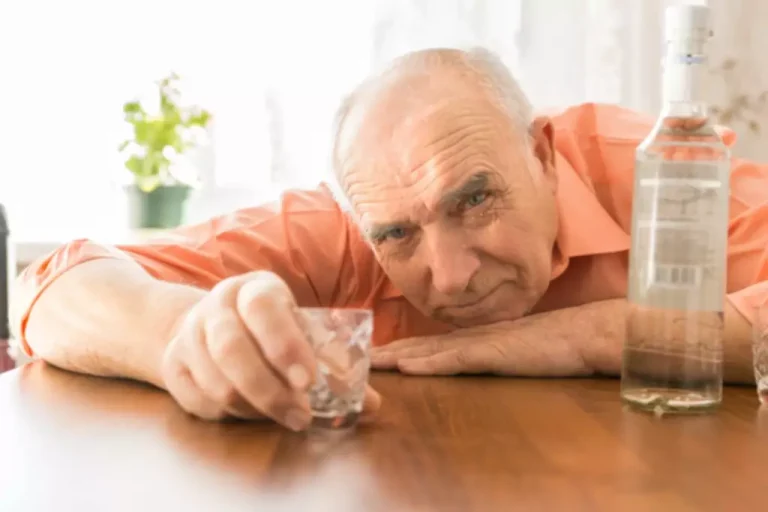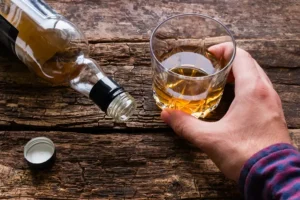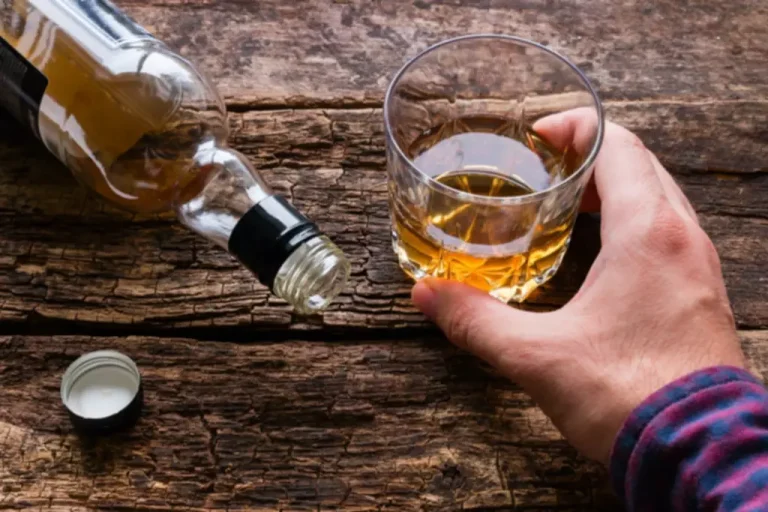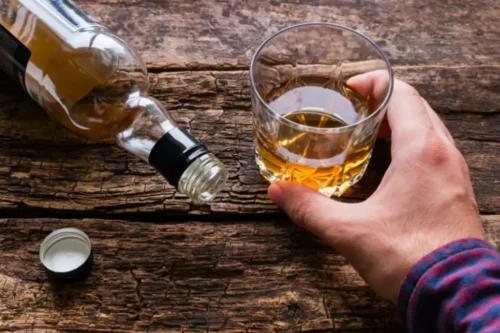
Grains, such as wheat, barley, and sorghum, are common allergens found in beer. In fact, a small 2014 study of Chinese people with a beer allergy found that sensitivity to sorghum or sorghum malt was the most common cause. Additionally, if you are allergic to a specific grain, you will experience symptoms when consuming other food products containing that allergen, not just beer. Drinking beer can cause sneezing, and this phenomenon is known as “beer sneezes”.

Do all people experience this sneezing reaction?
Consulting with an allergist can help differentiate between alcohol-induced sneezing and allergic rhinitis. If sneezing after drinking alcohol is bothersome, you can try limiting your alcohol consumption, choosing different types of alcohol, or taking antihistamines before consuming alcohol. Beer can contain allergens such as barley, wheat, hops, yeast, and sometimes even fruits or spices used in flavored beers. For many people, more than 2 ounces of alcohol can lead to triggering allergies which is also termed as alcohol allergy. This can again make your nose get stuffy when you drink alcohol with some complaints, which may need medical treatment. If a person suspects they have an allergy, it’s important they be evaluated by a specialist.
- However, some individuals may inherit a predisposition to certain allergens found in beer.
- The most common allergens in beer include grains, modified grain proteins, hops, yeast, molds, barleys, additives, and sulfites.
- This dilation occurs first in the brain, so you may feel flushed or warm after only a few sips of alcohol.
- You’re more likely to have allergies if you have a family history of allergies.
- When this blood-brain barrier isn’t protected as it should be, the brain is more susceptible to headache-inducing triggers.
Myths about whiskey and colds
- This will help to reduce the number of histamines in your system and make it less likely that they’ll trigger a sneeze.
- If you have ever experienced sneezing after consuming alcohol, you might be wondering why this peculiar phenomenon occurs.
- This often leads to sneezing as the body is unable to tolerate regular intake of alcohol.
- The most commonly proposed explanations include congestion, allergies, nerve stimulation, and genetic factors.
- Wine contains proteins from grapes, bacteria, and yeast, as well as sulfites and other organic compounds.
- Alcohol intolerance is caused by a genetic condition in which the body can’t break down alcohol efficiently.
- Alcohol may also act as a preservative for cough medicines, which helps extend these products’ shelf life.
This could be due to specific ingredients or allergens in these beverages. Yes, some people may experience more severe allergic reactions to alcohol, such as hives, itching, swelling, or shortness of breath. Many people alcoholism treatment report that red wine causes the most noticeable nasal congestion, even in those without an alcohol allergy or alcohol intolerance. There is no evidence to suggest that specific types of alcohol are more likely to induce sneezing.

What Does it Mean If I Have Nasal Congestion After Drinking Alcohol?
Alcohol is rumored to work as a decongestant, but actually, the reverse is true. If a person suspects they have an allergy, it’s important they be evaluated by a specialist. Dec. 24, 2012— — Kristin Brown loved to drink – perhaps partied a little too much when she was in her 20s, but when she hit her 30s, alcohol suddenly hit her the wrong way.
- Individuals may find that certain types of alcohol, such as wine or beer, trigger sneezing more frequently than others.
- Drinking beer can cause sneezing due to a mild allergic reaction, an intolerance to histamines, or a genetic condition that prevents the body from breaking down alcohol efficiently.
- Another possibility is that alcohol can induce an allergic reaction in some individuals.
- She has tried different types of alcohol — vodka, whiskey or tequila — but she breaks out in hives and a fever.
- The most common of these compounds are sulfites, which are typically highest in beer, brown liquor, and cider.
- Withdrawal symptoms can quickly go from a bad hangover to a serious medical…
Can allergies or sensitivities play a role in alcohol-induced sneezing?
It could also be that alcohol has a natural side effect to make people congested. Alcoholic drinks have a natural vasodilatory effect which expands blood vessels. It means you have to take great care in reading labels and choosing foods and drinks.

Normally, the food that you consume, gets https://ecosoberhouse.com/ broken down into the substances which are absorbed by the body for nutrition and the rest gets excreted. Those who already suffer from asthma seem to be more vulnerable,” he said. Alcohol-induced sneezing can occur even without having an alcohol allergy. It is best to consult a healthcare professional for a proper diagnosis if you suspect an alcohol allergy. Individuals with pre-existing respiratory conditions, such as allergies or asthma, may be more susceptible to alcohol-induced sneezing. The amount of alcohol consumed does not necessarily correlate with the likelihood of sneezing.
- Applying a cold compress to your nose will help to soothe the mucous membranes in your nose and reduce inflammation.
- In other words, it works on the surface of your skin, but not as a disinfectant when you drink it.
- There are few symptoms which need not to be ignored, like, swelling of throat which simply does not allow you to breathe.
- Dec. 24, 2012— — Kristin Brown loved to drink – perhaps partied a little too much when she was in her 20s, but when she hit her 30s, alcohol suddenly hit her the wrong way.
However, it is important to note that individual tolerance varies, and the best alternative is to avoid alcohol entirely if it causes negative reactions. As with why do i sneeze when i drink alcohols, this issue comes down to a depletion of enzymes — in this sneezing after drinking alcohol case, enzymes that are required to metabolize alcohol in the liver. The doctor may refer the person to an allergy specialist for further testing and treatment.
